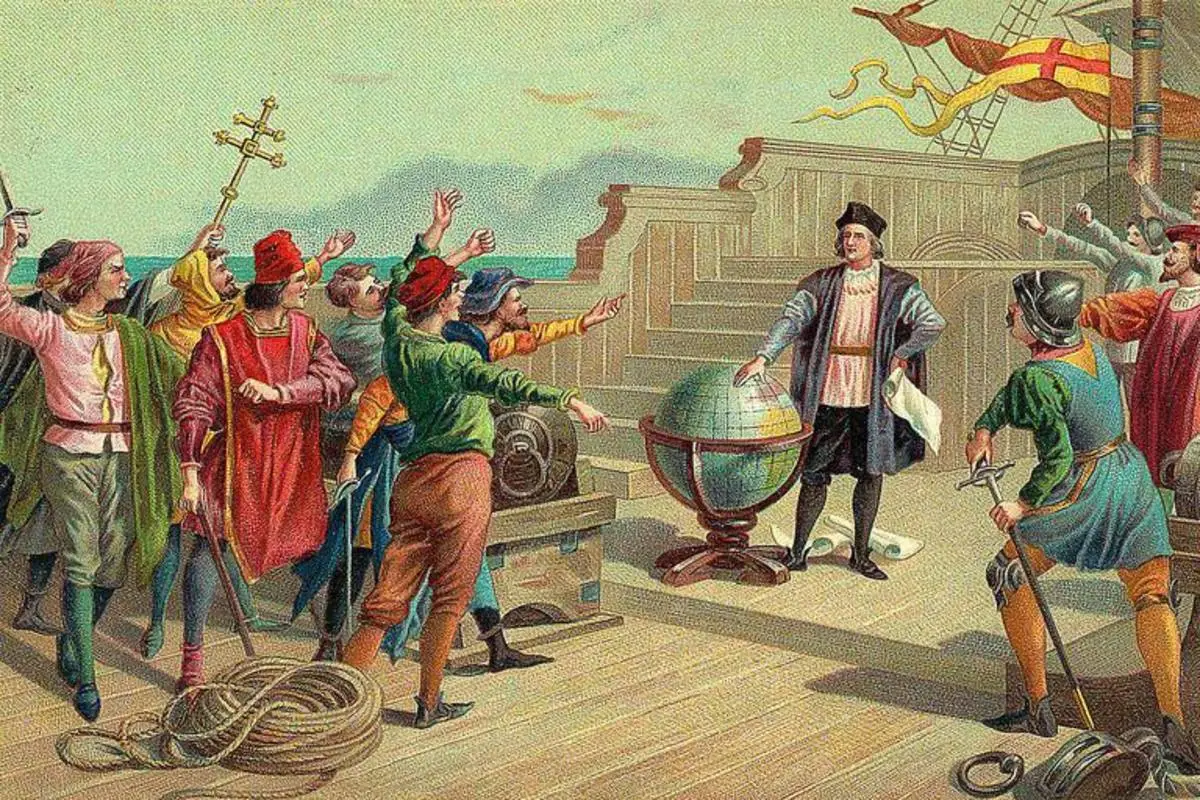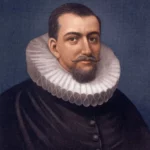Imagine embarking on a thrilling adventure through the pages of history. This exploration of famous explorations will take you on a journey alongside renowned explorers who dared to venture into the unknown. Discover how their curiosity, ambition, and technological advancements led them to groundbreaking discoveries that forever changed our knowledge of the world. From the pioneers who charted distant lands to those who reached for the heavens, their stories will ignite your imagination and remind you of the indomitable spirit of human exploration.
Famous Explorations: A Thirst for Discovery
The urge to see what lies beyond the horizon, to discover new places and people, is woven into the fabric of humanity. Throughout history, remarkable individuals have transformed this innate curiosity into legendary journeys that have reshaped our understanding of the world. These famous explorers embarked on perilous voyages into the unknown, bringing back stories and knowledge that expanded the boundaries of human experience.
One such explorer was Christopher Columbus, who, convinced he could find a new route to the East, set sail across the vast Atlantic Ocean. His journey, while marked by controversy today, led to the European encounter with the Americas, a pivotal turning point in history. Ferdinand Magellan, another intrepid explorer, circumnavigated the globe, proving that the Earth was indeed round and opening up the Pacific Ocean for exploration and trade.
These journeys were not solely the purview of European explorers. Zheng He, a Chinese admiral, led massive fleets across the Indian Ocean a century before Columbus, forging trade routes and showcasing the power of the Ming Dynasty. Ibn Battuta, a Muslim scholar, traveled over 75,000 miles, crisscrossing Africa, the Middle East, and Asia. He documented his encounters with diverse cultures, providing invaluable insights into these societies.
What drove these explorers? Their motivations were as varied as the lands they traversed. Some craved adventure, seeking glory and their place in history books. Others were driven by scientific curiosity, eager to chart the stars, map the Earth, and study new plants and animals. The allure of riches also played a role, with dreams of spices, gold, and new trade routes fueling many expeditions.
Regardless of their motivations, these journeys had a profound impact on the world. Exploration led to the exchange of goods and ideas between continents, sparking new artistic movements and scientific discoveries. It brought about the growth of empires but also fueled conflicts and colonialism. The interconnected and globalized world we know today owes a great deal to those who dared to venture into the unknown.
Their stories continue to inspire us, reminding us of the power of human curiosity and resilience. They demonstrate that there are always new horizons to discover, both in the world around us and within ourselves.
Pioneers of the Unknown: Famous Explorers Who Shaped Our World
These weren’t just explorers; they were the pioneers of their time, individuals who risked everything to journey into the unknown. Unafraid of storms, strange lands, or unfamiliar cultures, they embarked on voyages that would reshape the world as we know it. Their bravery led to the connection of continents, the opening of trade routes, and the exchange of ideas between different cultures.
Driven by an unquenchable thirst for knowledge, these explorers pushed the boundaries of human understanding. They made groundbreaking scientific discoveries, expanded our knowledge of the natural world, and ignited a spark of adventure in all of us. Even centuries later, their stories continue to inspire us to chase our own dreams, no matter how daring.
These Pioneers of the Unknown remind us that the world is full of mysteries waiting to be uncovered. They challenge us to step outside our comfort zones and embrace the unknown, just as they did. Who knows what incredible discoveries await us if we dare to follow in their footsteps?
For a closer look at the intrepid explorers who shaped a nation, embark on an extraordinary journey of discovery with famous American explorers. From Lewis and Clark’s epic westward expansion to Neil Armstrong’s historic moon landing, delve into the lives and adventures of these intrepid pioneers.
From Astrolabe to Satellites: How Technology Fueled Famous Explorations
Imagine setting sail across a vast ocean with no Google Maps, no GPS, just the open water and the stars above. This was the challenge facing explorers during the Age of Exploration. To navigate the unknown, they relied on a game-changing invention: the mariner’s astrolabe.
The mariner’s astrolabe was a specialized instrument designed for use at sea. It simplified the complex world of celestial navigation, allowing sailors to determine their latitude by sighting the sun or a star. This innovation was paramount to the success of explorers like Christopher Columbus, enabling them to confidently sail across uncharted oceans.
The mariner’s astrolabe was the culmination of centuries of scientific progress. Earlier tools, like the quadrant, paved the way, but the mariner’s astrolabe combined ancient knowledge with practical needs to create a revolutionary navigational instrument. Its accurate measurements provided explorers with the confidence to venture further and with greater precision, leading to the discovery of new lands and the connection of the world through trade and knowledge.
The legacy of the mariner’s astrolabe extends far beyond the Age of Exploration. It sparked a wave of innovation in navigational technology, leading to the development of modern GPS systems that rely on satellites to pinpoint our location. This legacy, which began with looking up at the stars, continues to shape how we navigate our world today.
The Complex Legacy of Exploration: Conquest and its Consequences
The human desire to explore has brought about incredible advancements, pushing the boundaries of knowledge and shaping civilizations. However, the history of exploration is also marked by tragedy and exploitation.
Armed with tools like the astrolabe, explorers ventured out and redrew the maps of the world. Christopher Columbus’ journey, though controversial, exemplifies this duality. His “discovery” of the Americas, while technically inaccurate considering the Indigenous populations already present, nonetheless opened up a new chapter in global interaction, one that would have both positive and devastating consequences.
One of the most significant outcomes of this interconnected world was the exchange of ideas, cultures, and technologies. It wasn’t just about trading spices and silks; it was about potatoes and tomatoes revolutionizing European diets and the printing press igniting an explosion of knowledge. The very act of encountering different cultures challenged old ways of thinking and fueled innovation.
However, exploration often went hand-in-hand with exploitation. Colonization, fueled by the allure of wealth and power, brought suffering to countless Indigenous communities. Diseases, conflicts, and forced assimilation decimated populations, leaving behind a legacy of pain that continues to echo today. The ethics of exploration, particularly during those periods of colonization, remain a topic of intense debate and reflection.
Despite its troubled past, the spirit of exploration endures. Today, it takes on new forms, driven by scientific curiosity and technological advancements. We dive into the deepest trenches of the ocean, launch ourselves into the vastness of space, and brave the frozen extremes of our planet. What sets modern exploration apart is a greater awareness of our impact. There’s a growing emphasis on sustainable practices and a responsibility to preserve the environments and cultures we encounter.
Exploration is a double-edged sword. It can bring progress and enlightenment but also destruction and exploitation. By learning from the mistakes of the past, we can strive for a future where exploration is a force for good, driven by curiosity, respect, and a commitment to preserving the wonders we uncover.
- Jesus Bible: Discover Jesus’s Story Throughout Scripture - April 27, 2025
- Don Luis: Unraveling the 16th-Century Virginia Mystery - April 27, 2025
- Captain J’s Kauai Tours: Unforgettable Na Pali Coast Adventures - April 27, 2025
















